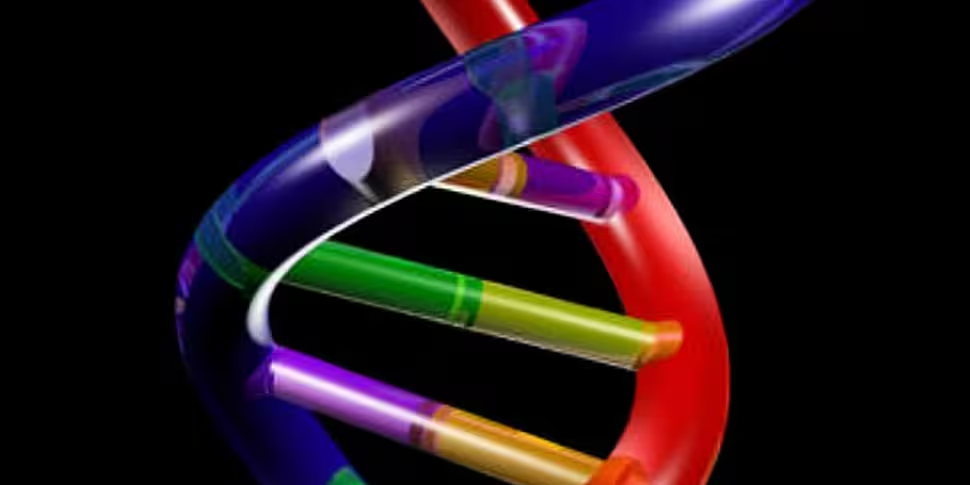Steve Horvath, geneticist with the University of California Los Angeles, has explained his discovery in an article published today in the Journal of Genome Biology. Utilising 8,000 different DNA samples, the research suggests that different cells and tissues can age faster or slower than the rest of the body. This has been identified as a kind of cellular 'biological clock'.
Horvath explains "analysis of 6,000 cancer samples from 32 datasets showed that all of the considered 20 cancer types exhibit significant age acceleration, with an average of 36 years". For example, some brain cancer tissues from young children were shown to have a biological age of 80. Similarly, female breast tissue were shown to be older on average than other healthy body tissues. In contrast, other samples - such as heart tissue - were biologically younger than expected.
The author of the paper has suggested that the discovery could have many implications in terms of medical care and treatment for ageing. Citing Nobel Prize winning research from John Gurdon and Shinya Yamanaka concerning 'resetting' adult cells to stem cells, Horvath suggests 'aged' cells could be reset to a biological age of zero. He also argues that his findings could lead to advances in "developmental biology, cancer and aging research". This could theoretically lead to developing 'regenerative' treatments and medicines that could combat elements of both natural ageing and many common diseases.
Horvath told The Guardian "ultimately, it would be very exciting to develop therapy interventions to reset the clock and hopefully keep us young... It provides a proof of concept that one can reset the clock".
For more stories from the world of science, tune in to Futureproof on Newstalk 106-108fm, Saturdays at 10 AM.









